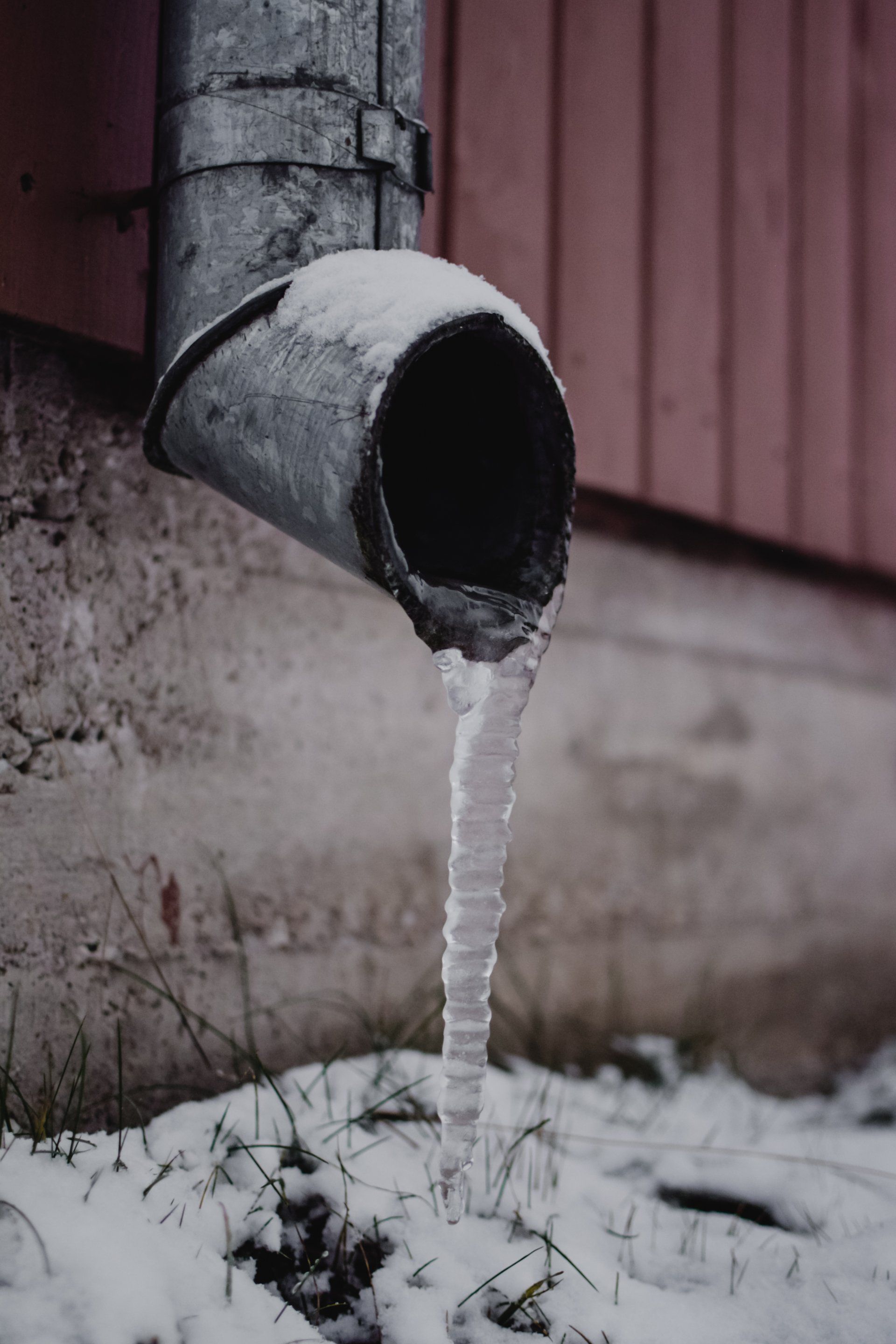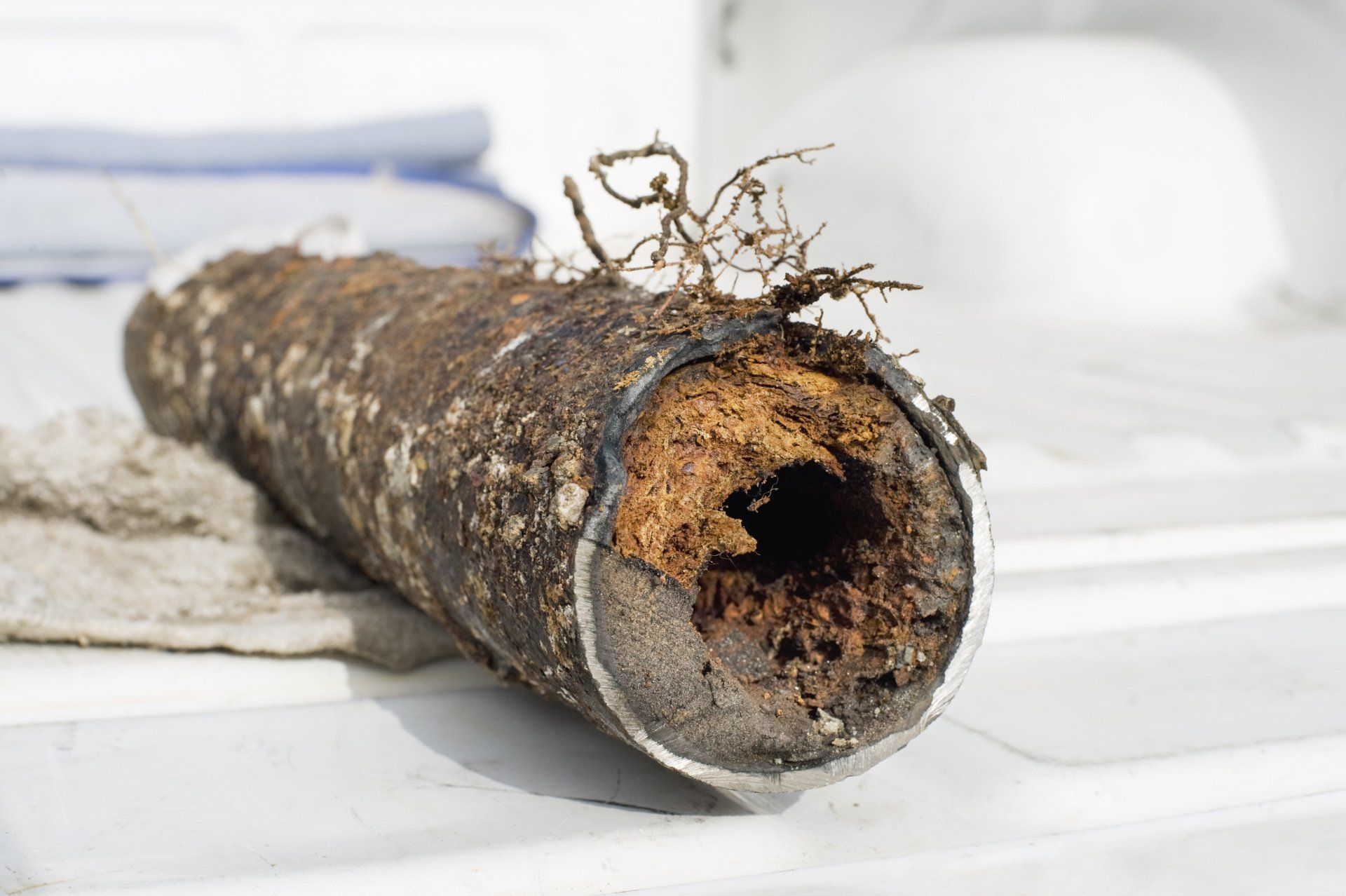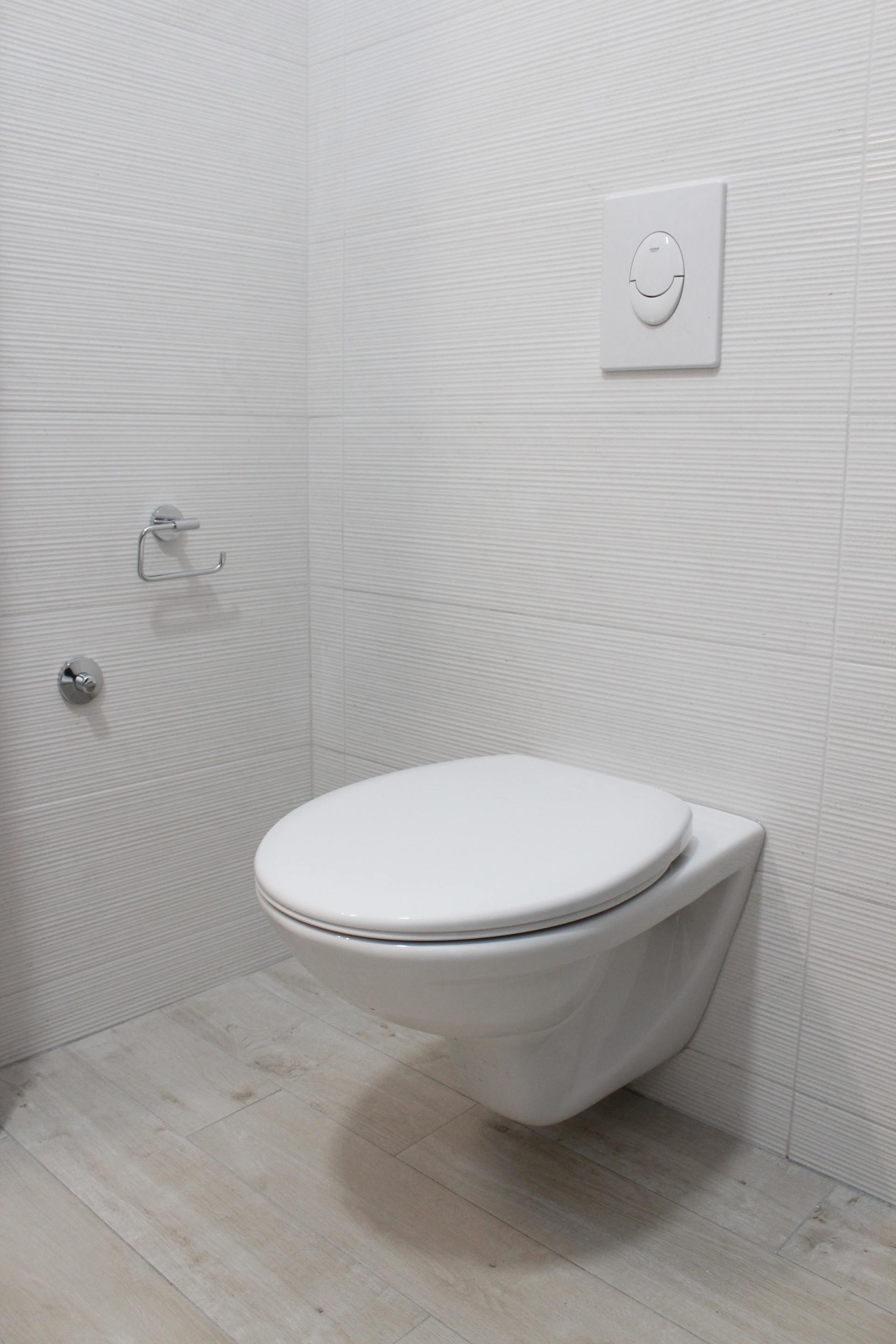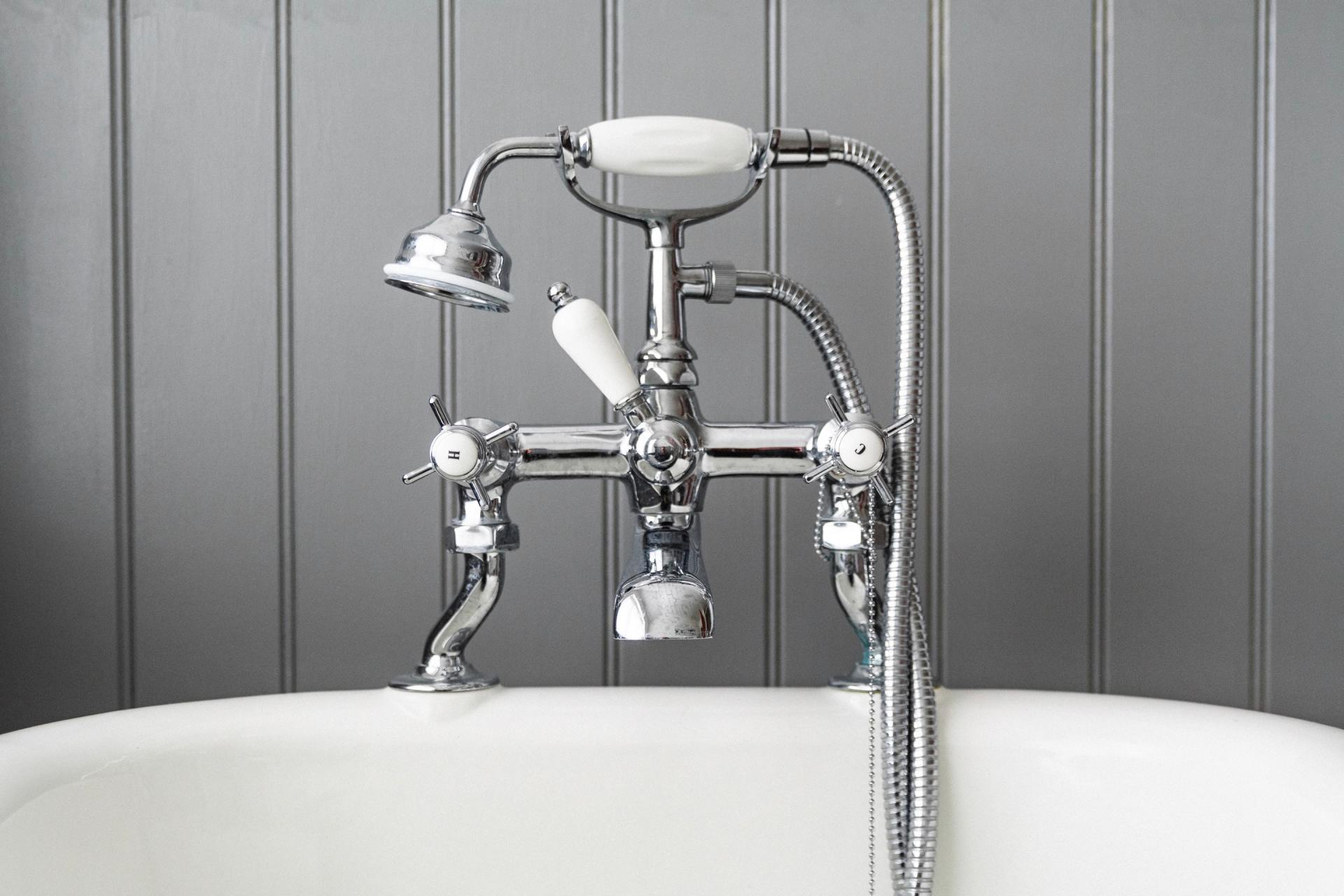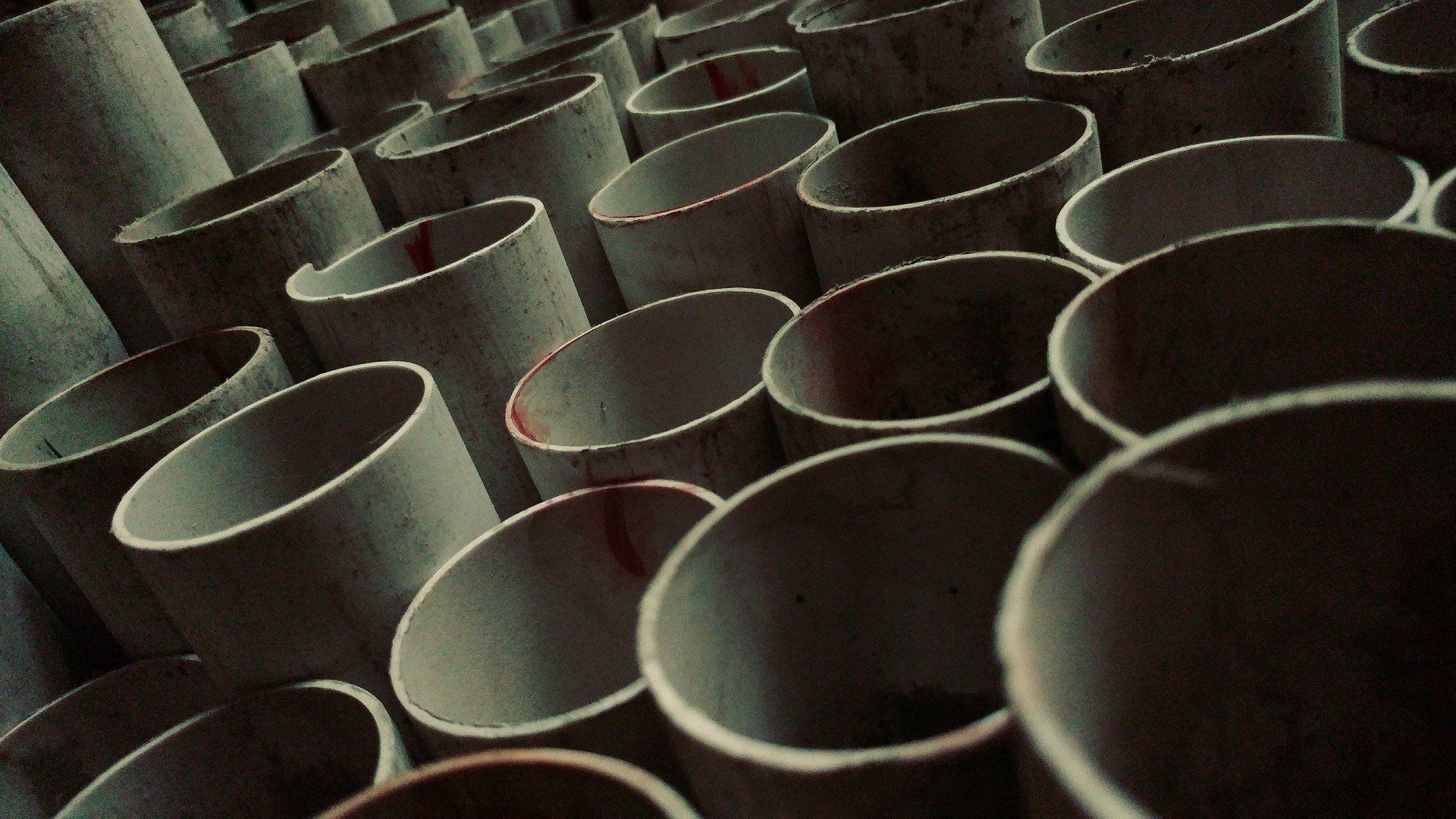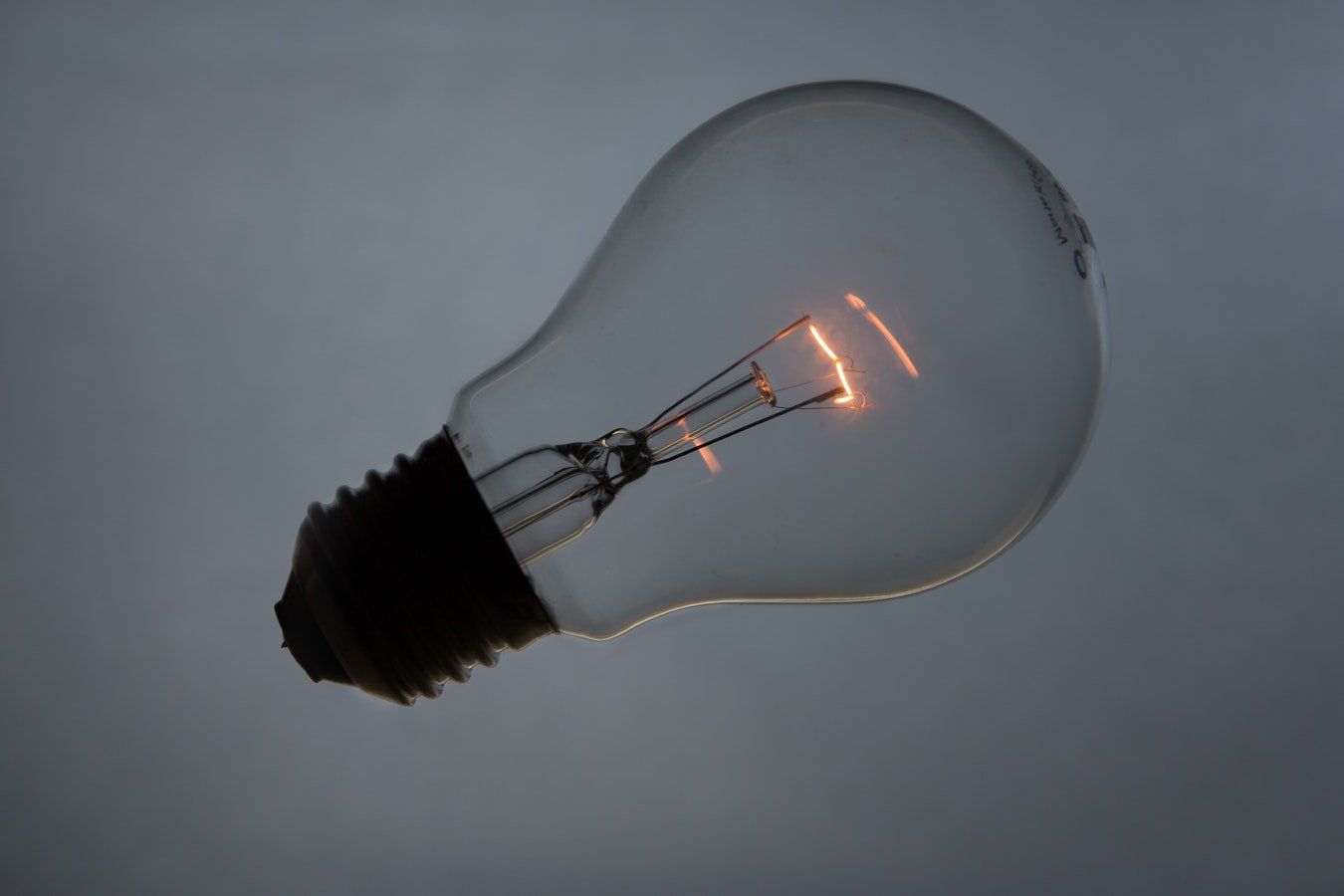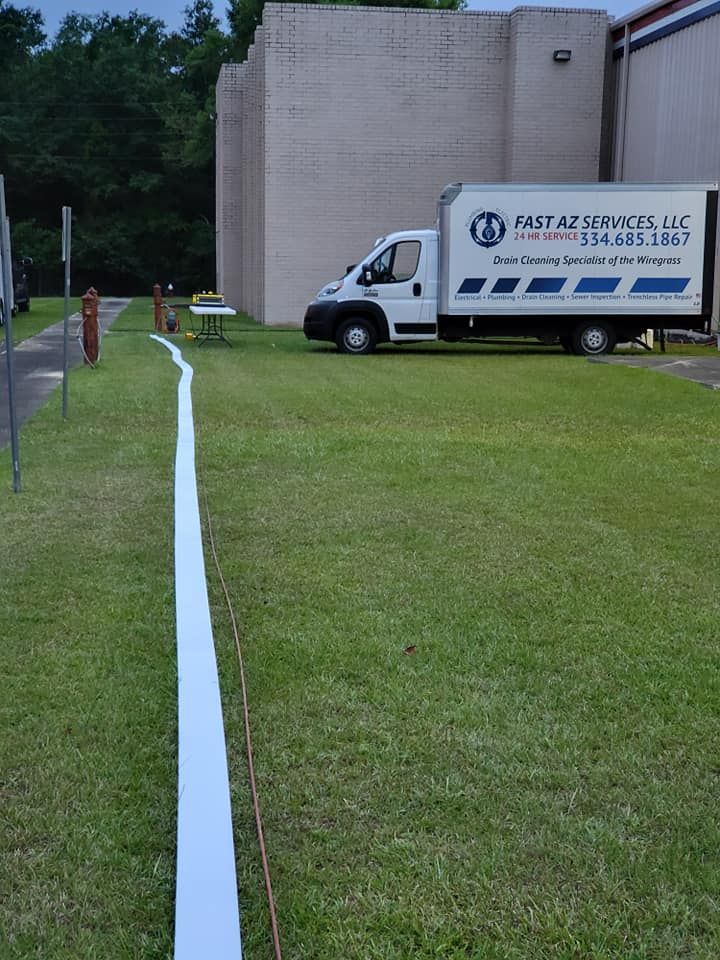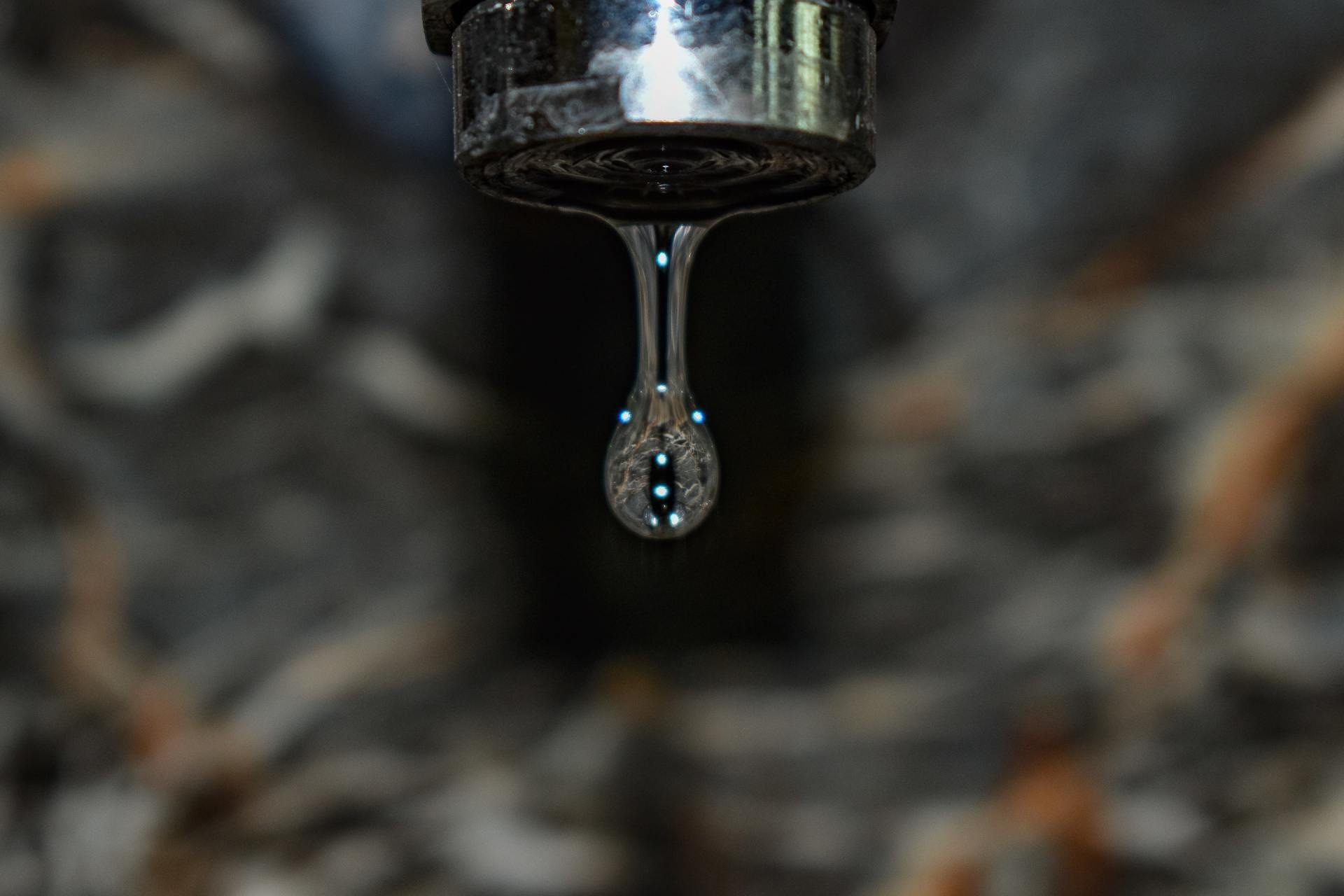Common Household Electrical Hazards and How to Handle Them - Our Guide
When it comes to household electrical appliances, you can never be too careful. More often than not, homeowners unknowingly make mistakes that seem like nothing until they lead to something far more serious, such as electrocution or electrical fires. This article will outline some of the most common electrical hazards and how you should handle them.
1. Wet Appliances
It’s common knowledge that electrical appliances do not mix well with water. That is because all the dirt, minerals, and other impurities in water can transmit electricity extremely well. Thus, when an electrical charge is in contact with water, these impurities will carry the electrical current.
As a result, you will get electrocuted when you touch the water. The best thing that you can do to prevent this kind of incident from occurring is to make sure that there are no electrical appliances near any water. Keep appliances such as hair dryers, televisions, power tools, and others as far away from any water source as possible.
If you notice that an electronic appliance is already wet, the first thing that you want to do is to go to the circuit breaker panel and turn off the power source to the outlet that the particular appliance is connected.
Do not attempt to unplug the appliance before you turn it off. Once this is done, you can go ahead and unplug the appliance. Make sure that it is completely dry before you can use the electronic again. If you are still uncertain whether the appliance is safe, then you should not hesitate to reach out to an electricianfor help just to ensure the safety of your household
2. Wrong Bulb Wattage
When compared to other electronic appliances, light bulbs may appear to be the least hazardous of all. However, light bulbs can also be an electrical hazard if they are misused. Many homeowners
make the mistake of using a light bulb that has too high wattage for its fixture, also known as overlamping.
This can be a major problem as the high wattage light bulb will generate more heat than what the fixture can support. As a result, the light socket and wire insulation on the fixture can melt from the excess heat. Overlamping can also cause arcing, or when sparks hop from one wire to another. If you are anywhere nearby, it can put you at great risk for an electrical fire or shock.
To prevent overlamping
, make sure that you only use light bulbs with the right wattage that are identical to or lower than the wattage of the fixture. You can check the wattage rating of a light bulb on its packaging. If your fixture is too old that there is no wattage rating specified, then you should go for 60-watt bulbs or lower.
3. Worn Out Or Faulty Wiring
One of the most common causes of residential fires is electrical fires, which are often the result of worn out or faulty wiring. This can cause sparks to fly, thus leading to electrical fires. If your home is over thirty years old, then perhaps it is time that you have your home’s wiring examined by a professional.
Moreover, if you notice that your circuit breakers trip frequently, your lights flicker and dim on their own, your wires are frayed, your outlets spark or feel too hot, or you smell burning plastic, then you should immediately contact a professional for a thorough wire inspection.
Fast Az Services provides electrician and plumbing services that are quick, convenient
and affordable. Get in touch todayto see how we can help.
